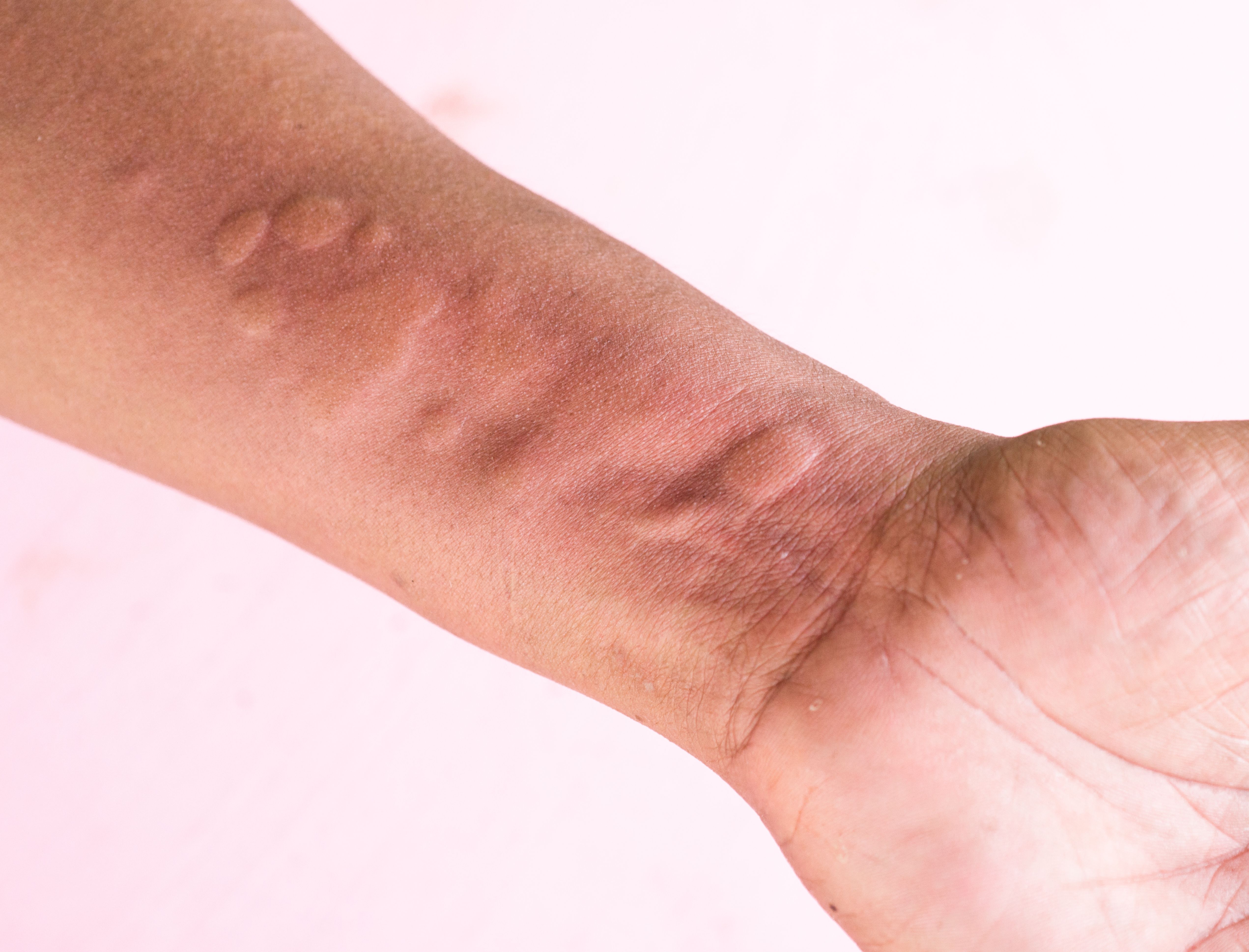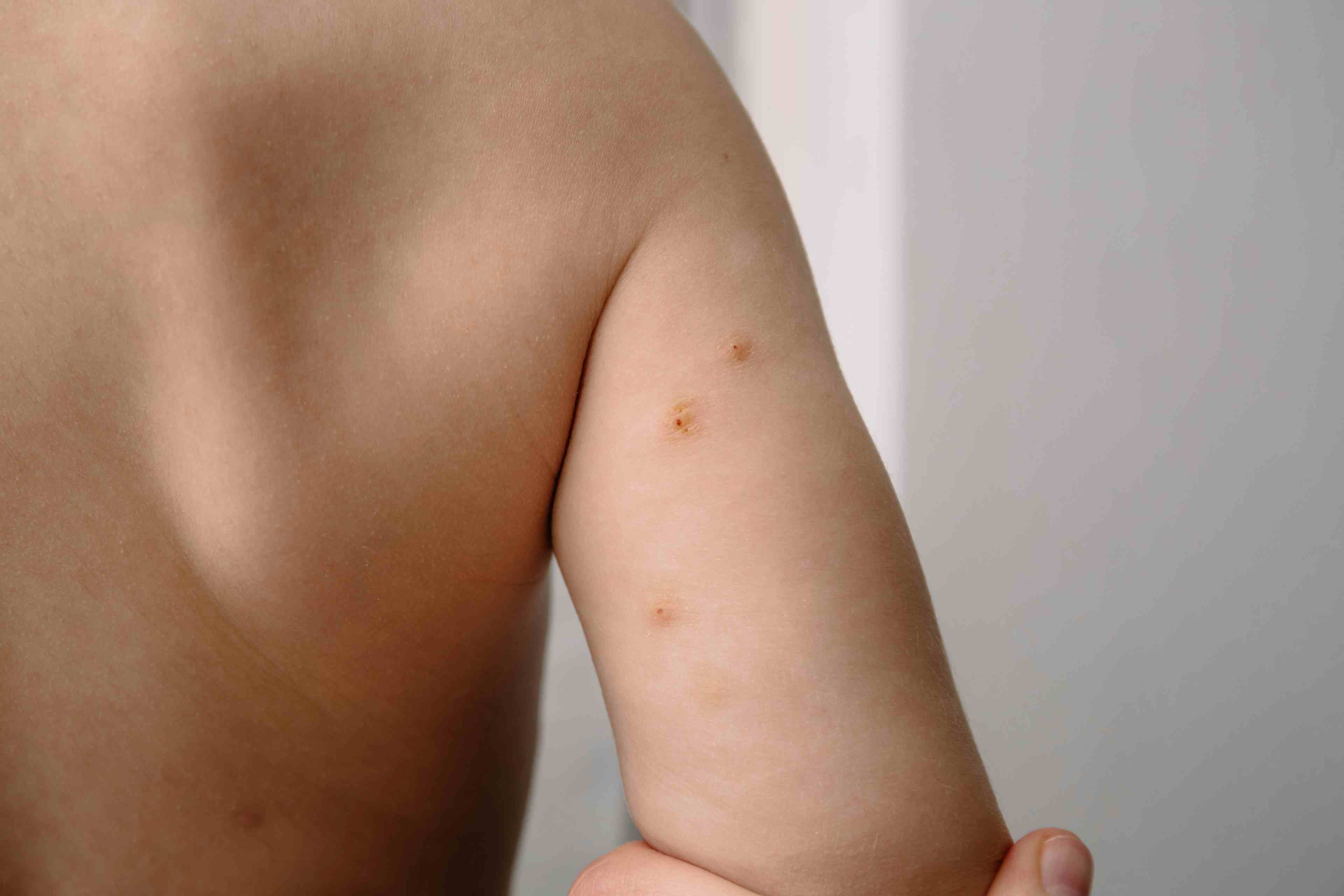- Acne
- Actinic Keratosis
- Aesthetics
- Alopecia
- Atopic Dermatitis
- Buy-and-Bill
- COVID-19
- Case-Based Roundtable
- Chronic Hand Eczema
- Chronic Spontaneous Urticaria
- Drug Watch
- Eczema
- General Dermatology
- Hidradenitis Suppurativa
- Melasma
- NP and PA
- Pediatric Dermatology
- Pigmentary Disorders
- Practice Management
- Precision Medicine and Biologics
- Prurigo Nodularis
- Psoriasis
- Psoriatic Arthritis
- Rare Disease
- Rosacea
- Skin Cancer
- Vitiligo
- Wound Care
News
Article
FDA Issues Complete Response Letter for Dupilumab sBLA for Chronic Spontaneous Urticaria
Author(s):
The CRL states that additional efficacy data is needed in order to support approval.
chomplearn_2001/Adobe Stock

The US Food and Drug Administration (FDA) has issued a complete response letter (CRL) in response to Regeneron Pharmaceuticals' and Sanofi's supplemental Biologics License Application (sBLA) for dupilumab (Dupixent) for the treatment of patients ages 12 years and older with chronic spontaneous urticaria (CSU).1
According to the CRL, additional efficacy data is needed in order to support an approval. However, no issues with manufacturing or safety were identified in the CRL.
Previously, the FDA had set a target action date of October 22, 2023.
Earlier this year, Regeneron Pharmaceuticals, Inc. and Sanofi announced that the FDA had accepted their supplemental Biologics License Application (sBLA) for review.
Read more from Dermatology Times here.
The sBLA was supported by data from 2 phase 3 trials (LIBERTY-CUPID A and B), a duo of randomized, double-blinded, and placebo-controlled studies wherein dupilumab was evaluated for safety and efficacy in patients between the ages of 12 and 80 years old with uncontrolled CSU.
Investigators examined dupilumab's efficacy in targeting IL-4 and IL-13 proteins for a duration of 24 weeks, finding that severity of itch and hives were reduced among patients by 65%. This was almost double the reduction in these hallmark symptoms of CSU than in patients receiving a placebo.
An analysis of one of the LIBERTY studies found that dupilumab not only improved symptoms of urticaria but also led to significant improvements in the overall quality of life of patients.
Read more from Dermatology Times here.
Dupilumab, if approved, would then be FDA-approved to treat 6 conditions, including atopic dermatitis, eosinophilic or oral steroid dependent asthma, chronic rhinosinusitis with nasal polyposis, eosinophilic esophagitis, and prurigo nodularis.
"Regeneron and Sanofi remain committed to working with the FDA to advance the study of Dupixent for patients living with CSU who are inadequately controlled by antihistamines," according to a press release1 from Regeneron. "The potential use of Dupixent in CSU is currently under clinical development, and the safety and efficacy have not been fully evaluated by any regulatory authority."
Currently, a third phase 3 trial (LIBERTY-CUPID C), is ongoing.
Reference
- Regeneron and Sanofi provide update on Dupixent® (dupilumab) SBLA for chronic spontaneous urticaria. Regeneron Pharmaceuticals Inc. October 20, 2023. Accessed October 20, 2023. https://investor.regeneron.com/news-releases/news-release-details/regeneron-and-sanofi-provide-update-dupixentr-dupilumab-sbla
- Maurer M, Casale TB, Saini SS, Ben-Shoshan M, et al. Dupilumab improves urticaria signs and symptoms and quality of life in patients with chronic spontaneous urticaria (CSU). Poster presented at the 2023 Society of Dermatology Physician Assistants (SPDA) Annual Summer Dermatology Conference; June 22-25, 2023; Boston, MA.
Newsletter
Like what you’re reading? Subscribe to Dermatology Times for weekly updates on therapies, innovations, and real-world practice tips.















